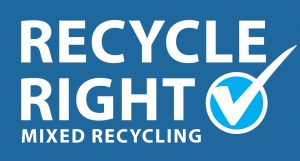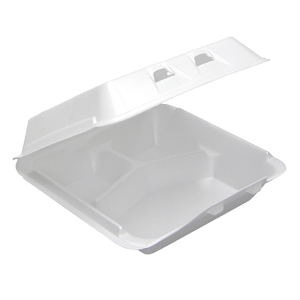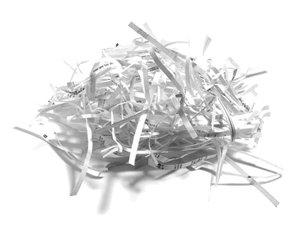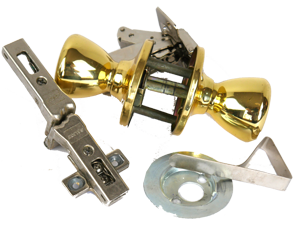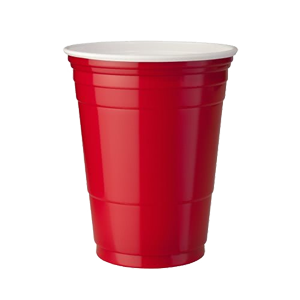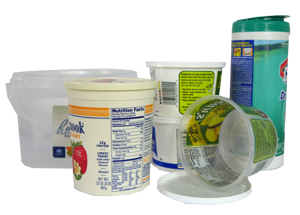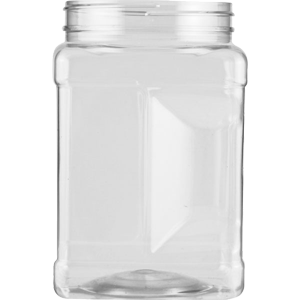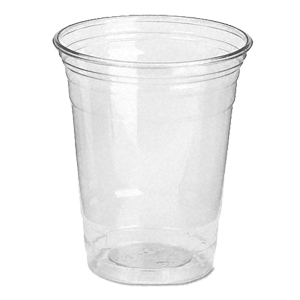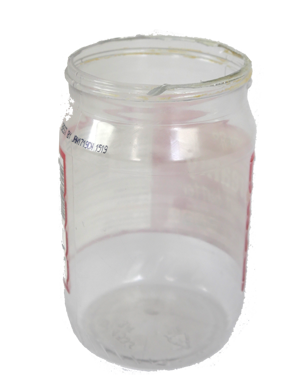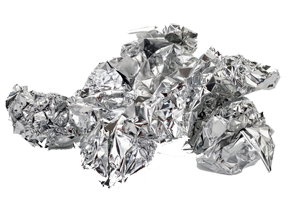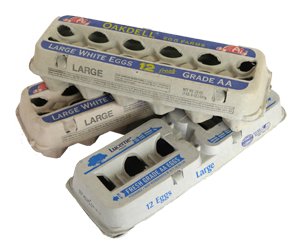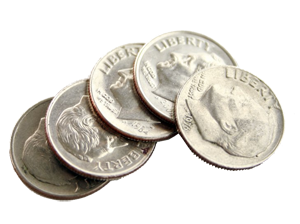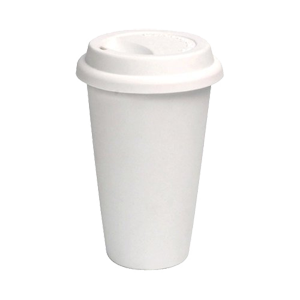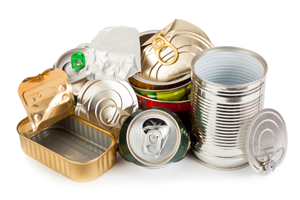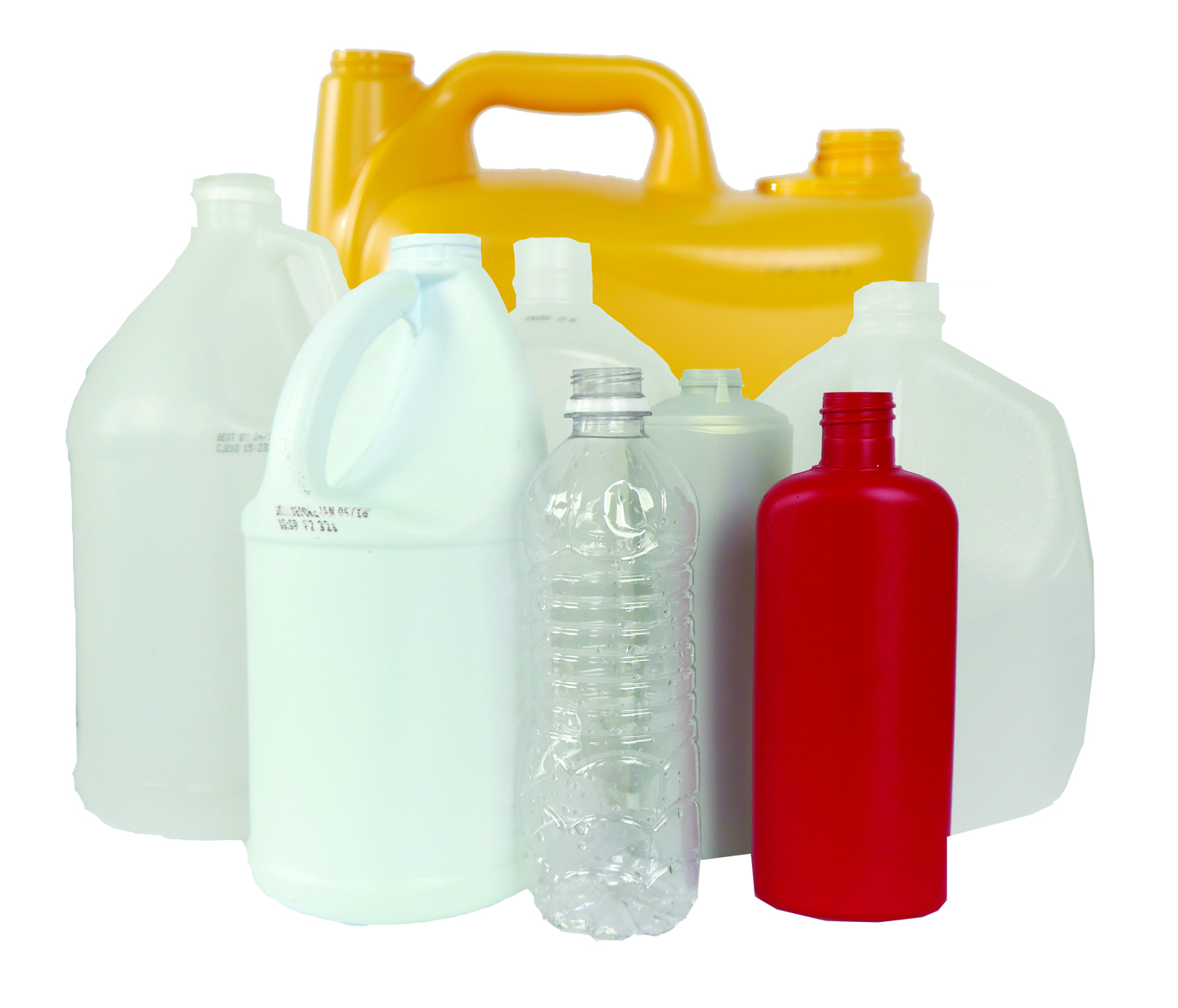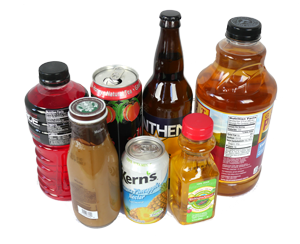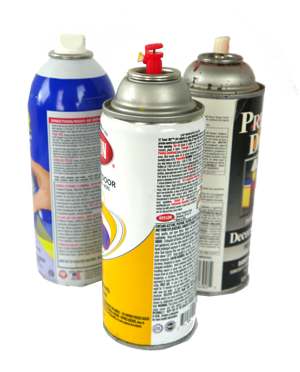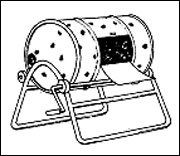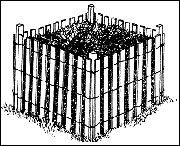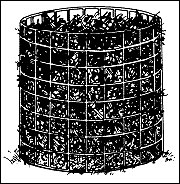The following are resources for dealing with specific types of waste, exploring environmental stewardship in the classroom, and how to ensure you are doing the most you can to decrease individual impact on the environment.
The Keep America Beautiful America Recycles Day is the only nationally-recognized day dedicated to promoting and celebrating recycling in the United States. Held on and around Nov. 15, America Recycles Day educates and encourages individuals on how to be more mindful of what they consume, where and how to properly recycle, and how to recycle more and recycle right in everyday life.
In 2022, ARD will focus on the economic impacts of recycling, the jobs created, reduced manufacturing costs due to the reuse of limited resources, and savings arising from not having to source new raw materials.
“Educating and motivating Americans to recycle is one of the most important aspects of our mission at Keep America Beautiful. Today we celebrate those who passionately work to create programs and projects to increase awareness and action for a circular economy. Thank you for being stewards of sustainability.” -Jennifer Lawson, Keep America Beautiful President and CEO
The #BeRecycled pledge is a promise to actively choose to live a sustainable lifestyle by:
1. Recycling at home, work, school and on the go;
2. Buying products made with recycled content; and
3. Educating and encouraging friends, family, and neighbors to take the #BeRecycled pledge
Aside from the #BeRecycled Pledge, people can be part of the recycling solution by participating or hosting their own America Recycles Day event. Events can be scheduled at any time during the fall leading into the official America Recycles Day celebration, Nov. 15.
For more information, visit https://kab.org/.
Looking for an activity to do with your class? Find examples here! https://ceee.uni.edu/find-an-activity
The Extraordinary Life and Times of Strawberry | Save The Food | Ad Council https://www.youtube.com/watch?v=WREXBUZBrS8
Love Letter to Food https://www.youtube.com/watch?v=-5i-dCv7O8o
Up to 40% of food grown and processed in the United States will never be consumed! MORA Strive for 75% Food Fact Sheet
What happens after the bin?
A lot of us have good intentions. When we’re provided the option to recycle, we toss what we think of as recyclable trash into the appropriate bin, and assume our job is over: Our waste will be recycled, and we’ve done our part. But, as we are about to learn, this isn’t always true. All plastic is not created equal. Some plastic, like the durable #1 PET (also called PETE, and when recycled, rPET), is inherently reusable—it can be melted down and reused again and again without loss of function. And other types of plastics not as easily recycled wind up in landfills.
Start a Recycling Program in Your Facility
Terracycle Collection programs: http://www.terracycle.com/en-US/brigades – If you don’t have recycling at your school, here are items that can be shipped off for free, e.g., Scotch Tape Recycling Program.
The clothing industry is the second largest industrial polluter, second only to oil. MORA Strive for 75% Textile Fact Sheet
Do you want to be a garbologist?
By Roberta Crowell Barbalace
The study of garbage has given us much insight into civilizations of yesteryear. It has been instrumental in solving crimes. It has even resulted in the fall of an American president.
Humans are by their very nature careless with trash. It is not a trait of the 20th century. Garbologists have discovered that people let trash fall where it may.
As the timeline of garbage history suggests (below), there has been a problem of trash from man’s earliest time. Four basic means of dealing with trash have been used over and over in history. 1. Dumping 2. Burning 3. Recycling 4.Waste minimization
The History of Waste: http://environmentalchemistry.com/yogi/environmental/wastehistory.html
International Compost Awareness Week – More Information
Start Composting at Home
Build your own compost bin using low cost materials. Click here for instructions.
Composting Education
Check out our composting education for students here!
Ever wonder how compost is made? Check out this video by edutainer Stan Slaughter. *This video is the property of Missouri Organic and is meant for educational purposes.
Reclaiming construction and demolition materials has many benefits to the community. MORA Strive for 75% Construction and Demolition Fact Sheet
Every year roughly 1.3 million gallons of paint go unused in Missouri! MORA Strive for 75% Unwanted Paint Fact Sheet
Over 3.2 million tons of e-scrap is buried in U.S. landfills each year! MORA Strive for 75% Electronic Scrap Fact Sheet

